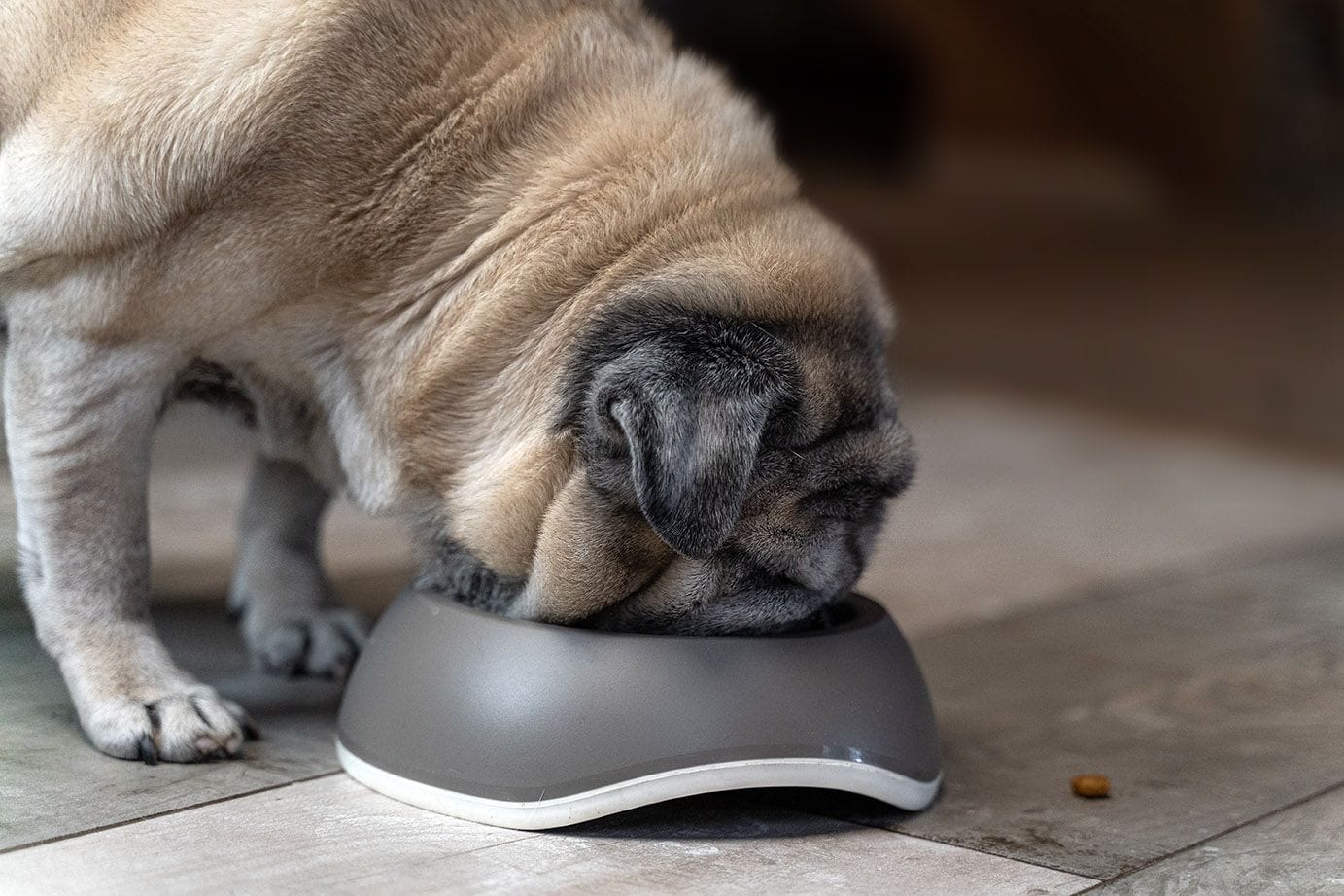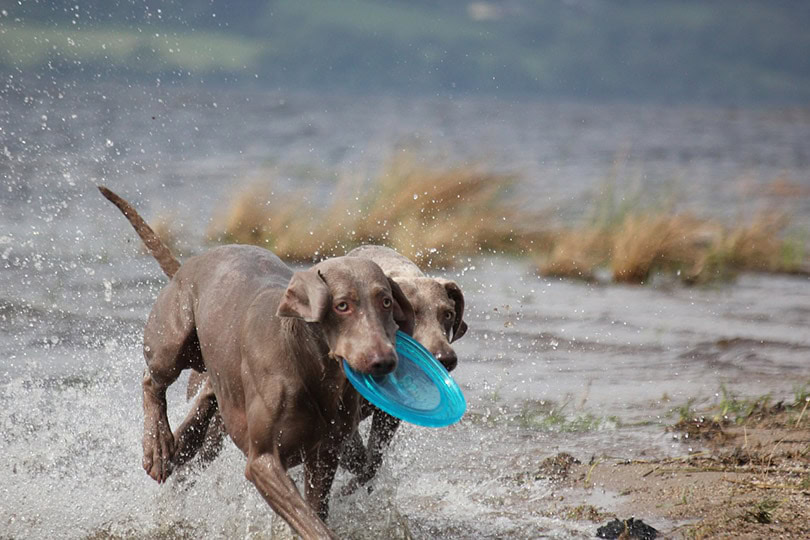VET APPROVED

The information is current and up-to-date in accordance with the latest veterinarian research.
Learn more »Click to Skip Ahead
As we get older, we have to make changes to our diet in order to stay fit and healthy. Eating certain foods can also help our bodies fight against diseases that are more common in the elderly. The same is true for dogs. You will need to alter their diet if you want them to stay happy and healthy for as long as possible.
Here, we break down how old your dog will be when you might need to think about switching their food and provide guidance on how to adjust their diet to make a difference in their health.

The Age of a “Senior Dog”
There is no set age for a dog to be considered a senior. Some breeds can easily live for 15 or more years, while others have an average lifespan of 8 years. Due to this difference, dogs with a lower lifespan also age much faster and might become seniors at only 6 or 7 years old.
Large and giant dog breeds typically have much shorter lifespans and age exponentially faster than their smaller counterparts. The rate of aging also depends on their breed and their body weight. Overweight dogs tend to age faster than those that are lean and healthy.
A good reference to use is their breed’s life expectancy. When they reach the point between the first half and the last third of their breed’s average life expectancy, they become an “older dog.” They might not be a senior yet, but you need to pay careful attention to their health from that point on. Big dogs are typically considered older once they hit about 6 years old, while small dogs are older when they reach 8 or 9 years old.
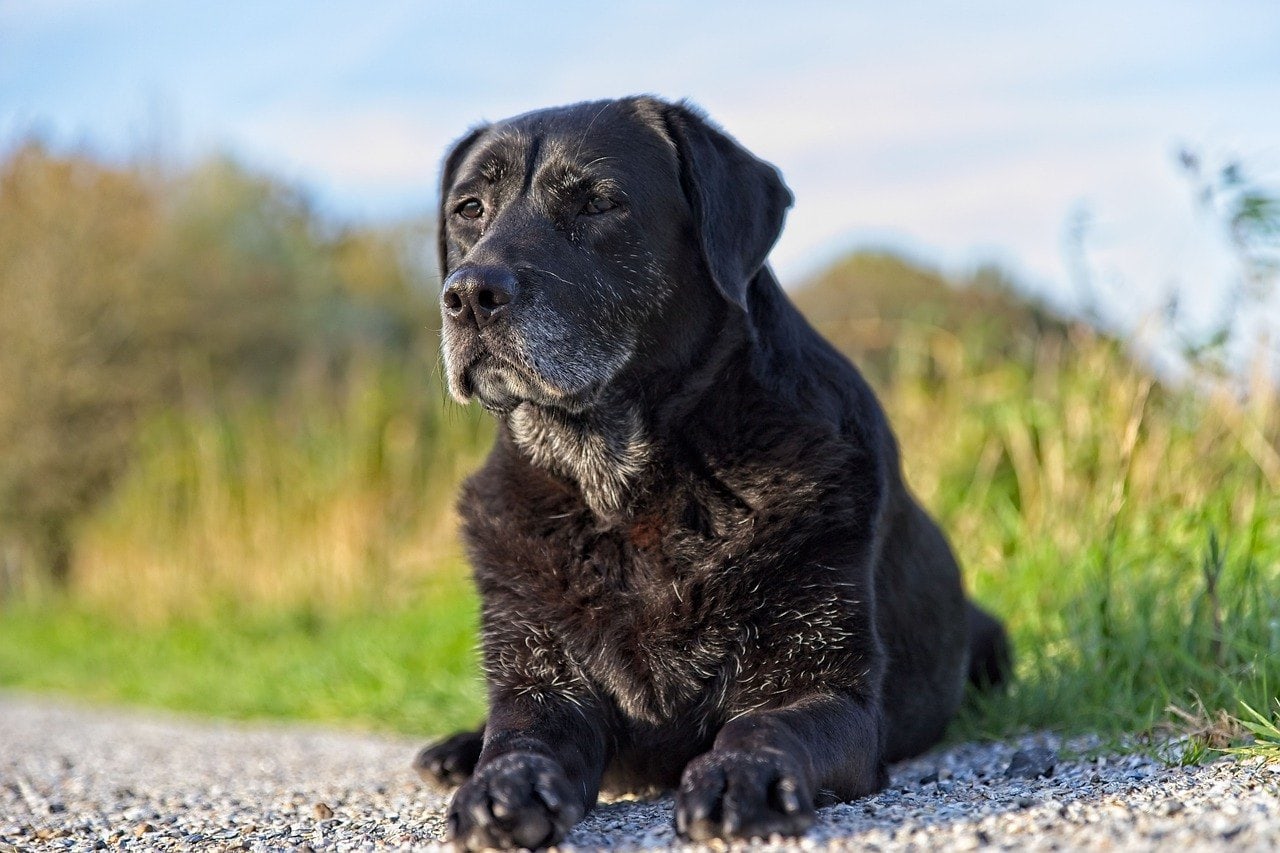
Feeding Them Senior Dog Food: What’s the Difference?
Almost any pet food brand will have food for puppies, food for adult dogs, and food for seniors. Is there that much of a difference in their diets? Do you need to switch your dog over to senior food once they become an older dog?
There actually can be quite a bit of difference between dog foods. When you are buying from a high-quality brand, you can give your puppy or senior a specialized diet that helps them develop or maintain themselves in a healthy way.
However, keep in mind that there are no official requirements stated for senior dogs by AAFCO and therefore, there is no regulation on dog foods that claim to be for seniors. Sometimes, only the packaging will be different, and nothing actually changes with the recipe. You need to monitor the difference between their food to ensure that they are getting what they need.
Some senior dogs benefit from a low-calorie diet. Their metabolisms start to slow down about halfway through their lives, and they can’t use as many calories as they could when they were young. Their energy requirements are markedly lower too. That means continuing to give them the same amount of calories is likely to result in unhealthy weight gain. However, this is not always the rule, some seniors require a low-protein diet due to kidney problems while others need more protein to avoid muscle wasting. This is the reason why we do not have official food standards for senior dogs. Each one will have unique nutritional needs and some restrictions that depend on their overall health.
Other common differences between regular and senior dog food include increased palatability and a softer texture. As a dog ages, they tend to lose their appetite. Making the food taste better is one of the best ways that you can get your dog to continue eating regularly. Since many senior dogs suffer from dental disease, softer textures are preferred.
You should also check to see if your dog’s senior food has any added supplements, like MCTs, antioxidants, and omega-3s. All of these will help them develop healthy coats and supplement their aging joints.
- Determine proper dog food portions and ideal daily intake with our helpful calorie calculator here.

Choosing a Senior Dog Food
There are so many pet food brands and diets available that it can feel impossible to sort through the choices. It is easier when you have a guideline for what you want to look for in your dog’s food. It also depends on your pup, their health, and their current diet.
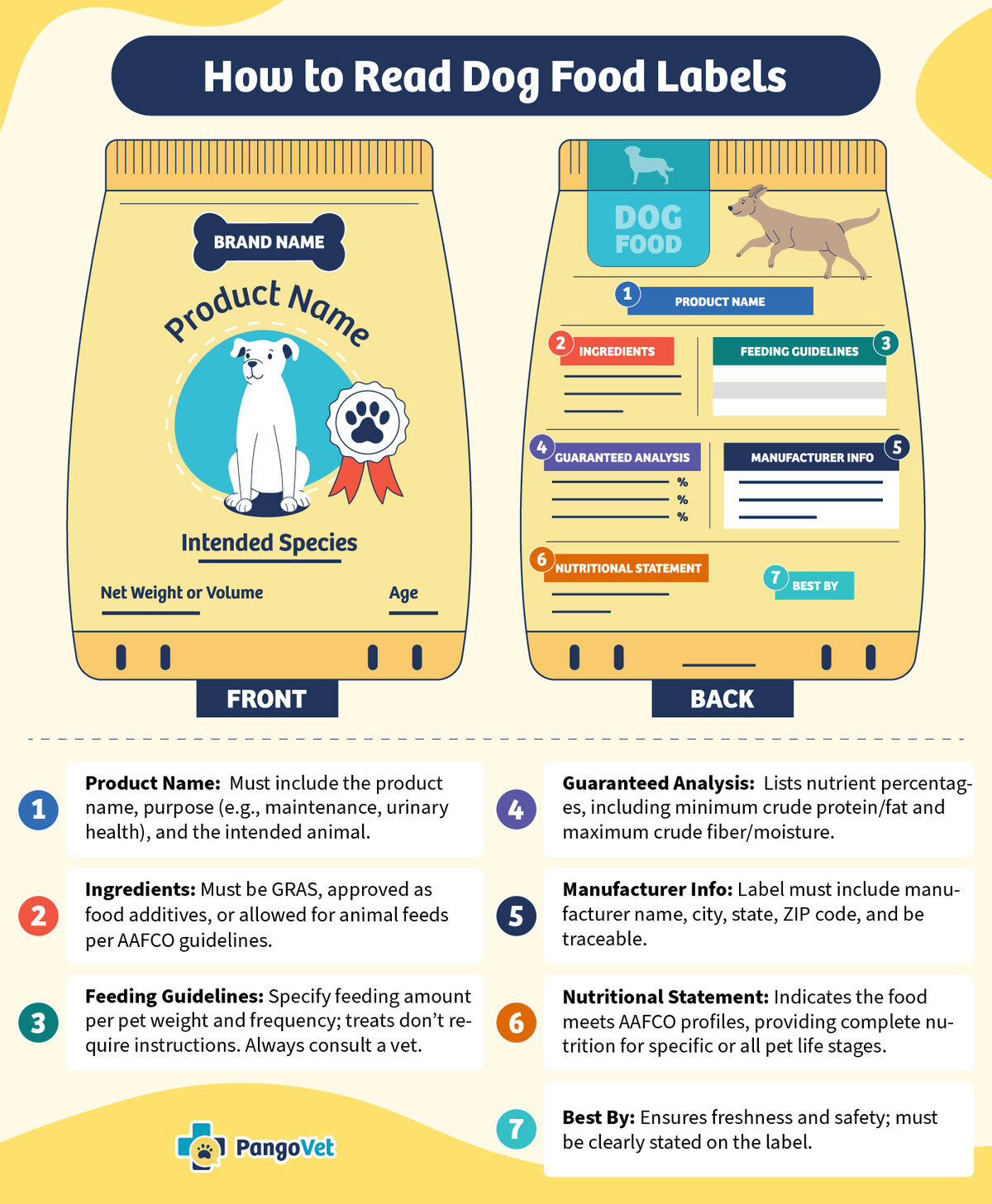
1. Is Your Dog Showing Any Signs of Muscle Loss?
As your dog ages, they are less excited to move around and get exercise like they used to do. If you have noticed that your dog has started losing muscle, their food should help them. Look for a senior dog food that is high in protein. A common recommendation is for healthy dogs to receive approximately 2.55 grams of protein per kilogram of body weight each day, but some seniors may sometimes require up to 50% more than that. Individual requirements may differ depending on factors such as activity level, overall health, and metabolic changes. Therefore, you need help from a veterinarian to determine what works for your senior dog.
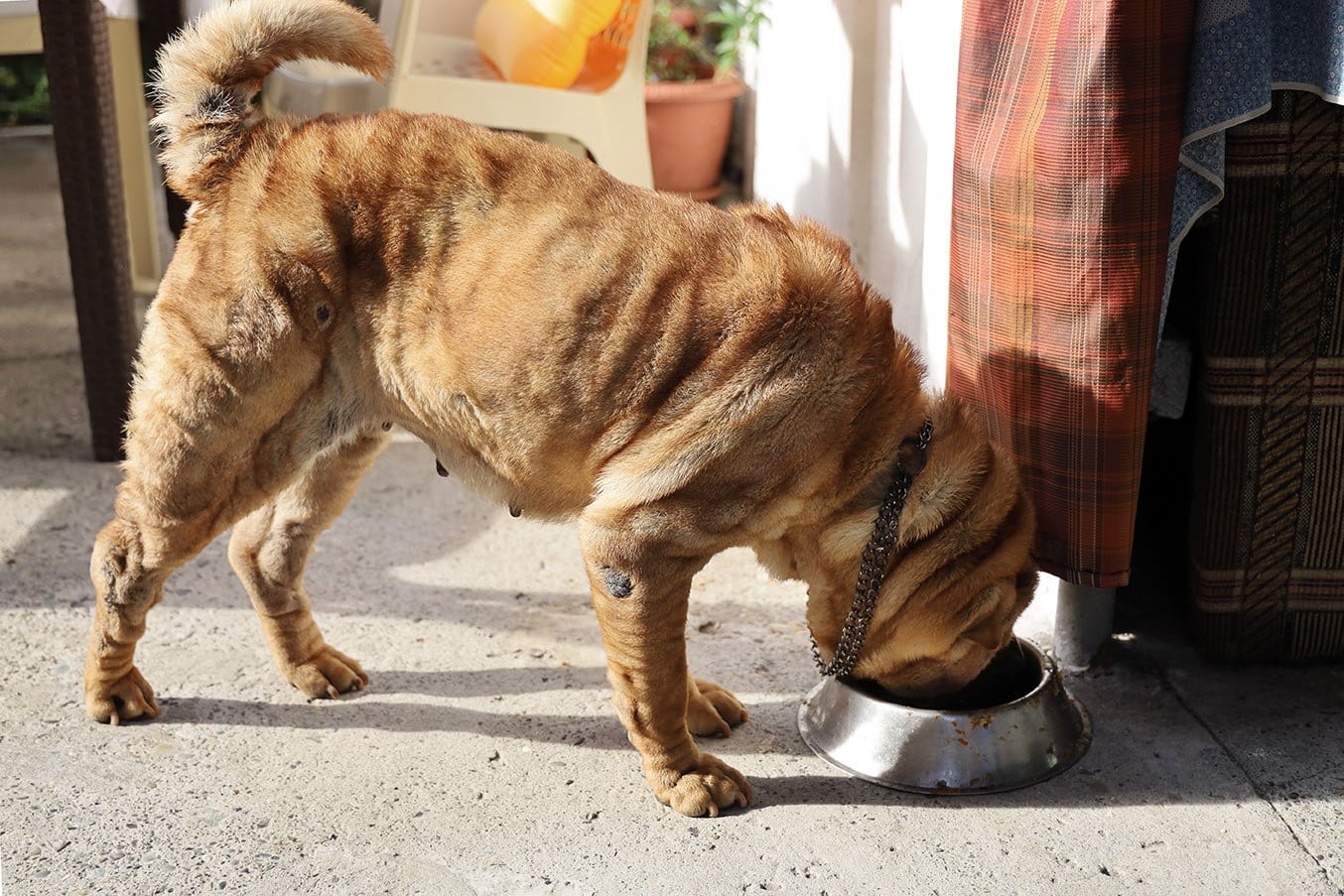
2. Has Your Dog Started Eating Less Than They Usually Do?
That might mean your dog’s appetite has diminished. This is something that you should talk to your vet about first because it could be linked with other medical issues. With their approval, you will want to look for a diet that is high in protein and fat with a bit of extra moisture. The texture and taste help supplement its palatability.
Some senior dogs won’t eat as much as they used to. That means a serving of dog food needs to contain a higher amount of nutrient-dense calories to pack a better punch with each mouthful.

3. Has Your Dog Started to Show Signs of Memory Loss?
Memory loss and small behavioral changes are signs of senile dementia, AKA, cognitive dysfunction. However, additives like MCTs and fish oil can help offset or slow down this decline. DHA, an essential nutrient for brain development in puppies, can also help slow down memory loss in senior dogs.
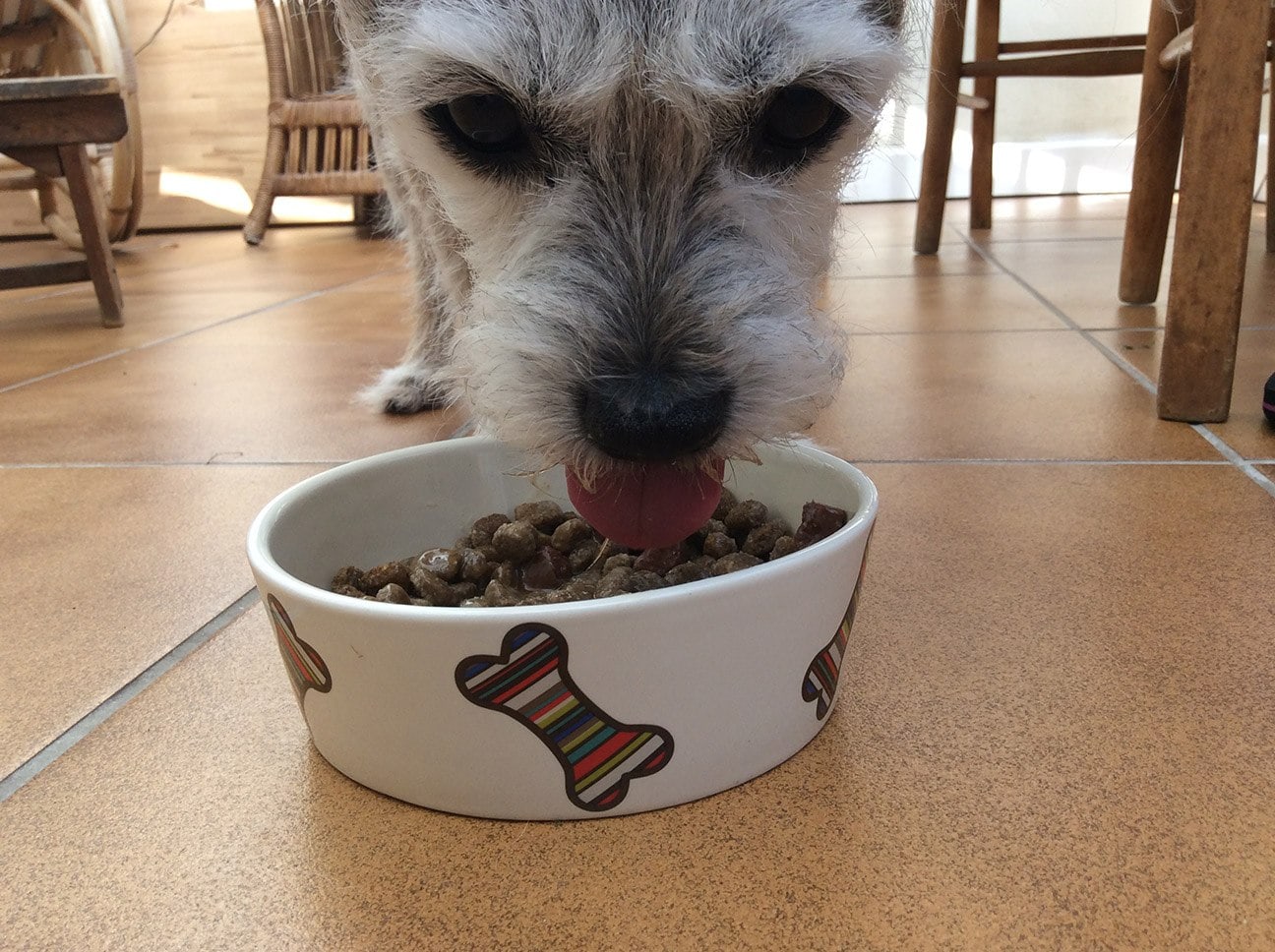
4. Does Your Dog Get Constipated More Often?
Constipation from a combination of reduced physical activity, and dietary and physiological changes is also a common effect of aging. You can get food with a higher fiber content sourced from veggies like broccoli or in a form like psyllium.
Talk to your vet too. If they have been working with your dog for many years, they can make an educated suggestion based on your pup’s needs.
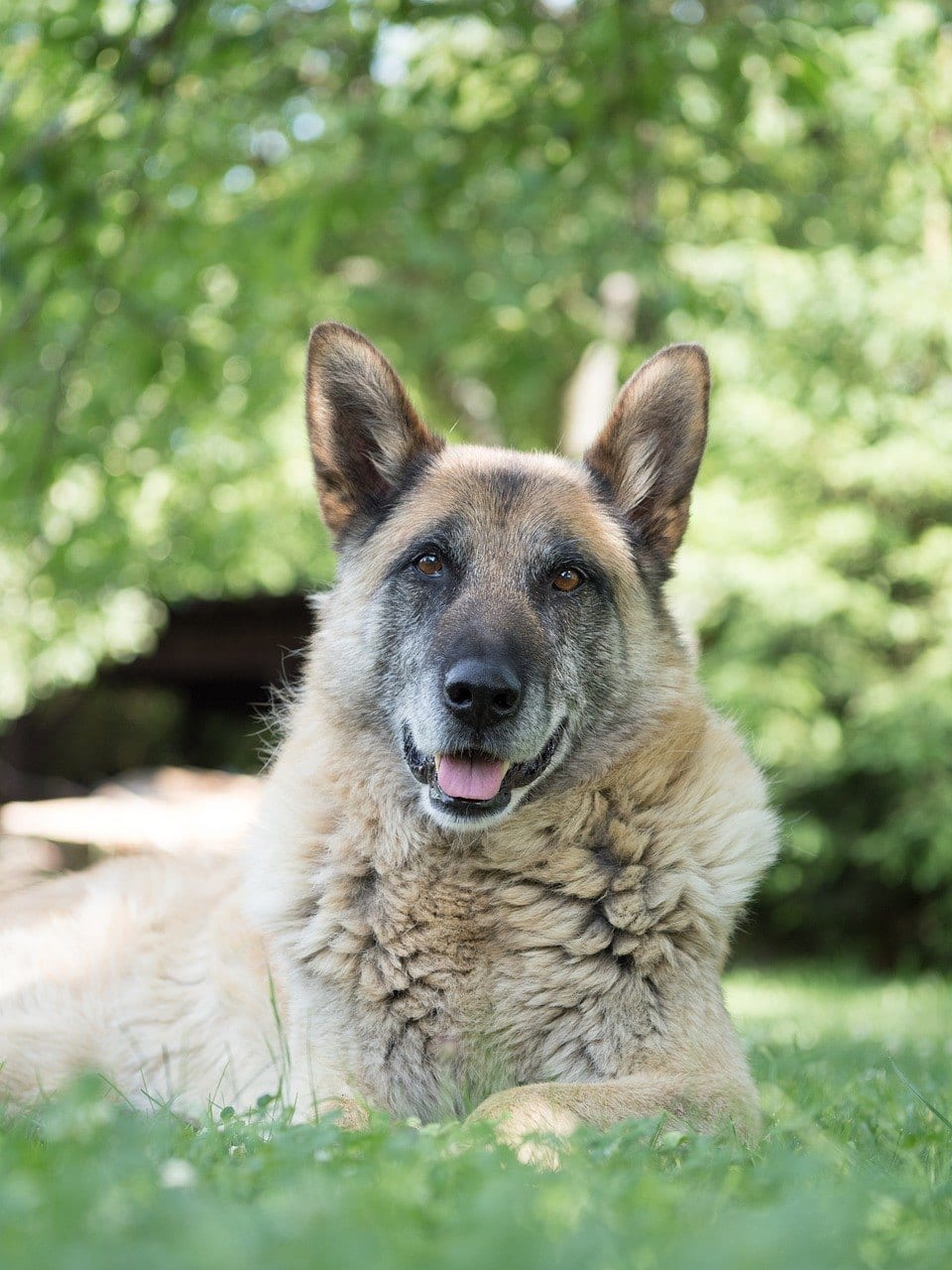
Adjusting Your Dog’s Nutrients
You should adjust the nutrient levels and types of dog food quite a bit as your dog continues to age. These aren’t essential, but they will benefit your senior dog and help them live healthier for longer.
For example, additional protein is one of the most significant recommendations for senior dogs. However, if your dog has kidney disease at any stage, you need to keep a close eye on the phosphorus level in their food. As protein increases, phosphorus typically does too.
If your dog struggles with their weight, you need to control the caloric content in their diet. Some senior dogs are overweight and need less carbohydrates and fat in their food. Others struggle to keep weight on and will need higher fat and protein levels in their meals.
Since each dog is different, even within the same breed, you need to adjust according to their specific needs. There isn’t an exact equation that you can use to understand exactly what your senior dog requires. Instead, work with your vet to find a food that supports them in their protein, calorie, and nutritional needs to maintain their weight and any additional supplementation that could help them preserve their health.
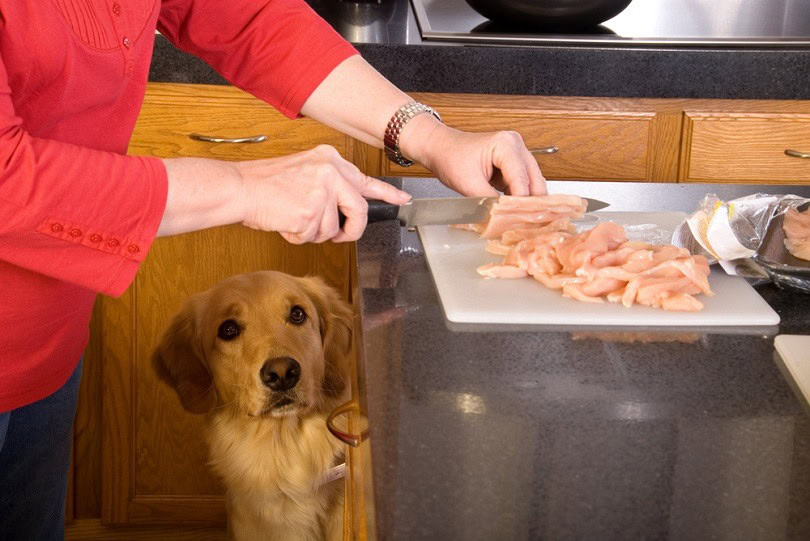
Supplements to Fight Against Typical Diseases
A primary concern for a senior dog’s diet is the ability to help fight against common degenerative diseases and the effects of aging. Signs of aging in a dog include:
- Whitening fur
- Vision problems
- Memory loss
- Lumps and skin issues
- Struggling with weight maintenance
- Bad breath
- Dental problems
- Impaired mobility
- Altered behavior
- Disruption in sleep patterns
- Increased urination
- Osteoarthritis
Once your dog passes that halfway point in their estimated lifespan, keep an eye out for any of these issues. Some are more severe than others, and certain things like kidney disease will often manifest when you least expect them.
Regular checkups and blood tests at the vet can help you keep track of your dog’s overall health. They can also help you identify certain supplements that can aid in fighting against aging and specific diseases in senior dogs.
A great example of a supplement that you should ask your vet about is one for your dog’s joints. This will supplement their diet with extra glucosamine and chondroitin, which can help reduce signs of arthritis and may act as a preventative measure against its onset.
Oftentimes, it is best to supplement these kinds of nutrients instead of looking for foods that market their inclusion, as these typically won’t have adequate amounts.

Conclusion
As your dog ages, it is essential to keep up with their health and try to work ahead of any possible health issues that could crop up because of aging. While there are no official standards for all senior dogs, their diet may need to be adjusted to their specific needs. Prevention is also key, it is incredible what a healthy diet can do to help your dog age gracefully. Talk to your vet before you start to see these signs to effectively care for them and keep them healthy for many years to come.
- Related read: Best Dog Ramps for Older Dogs
Featured Image Credit: Anastasiia Vasileva, Shutterstock
